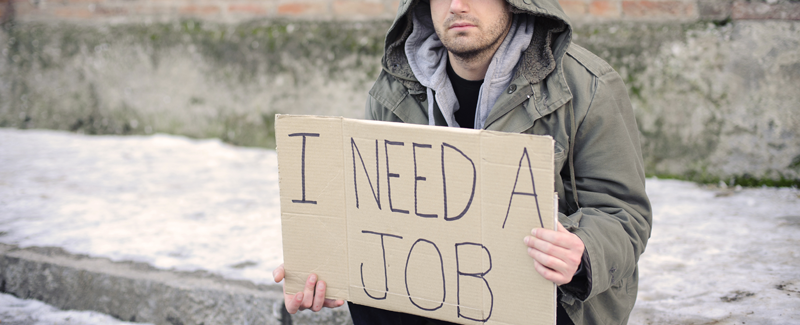Based on the relevant state law, our system determined that this offense is not eligible to be sealed or expunged today.
However, you qualify for our Easy Eraser, which helps reduce your online footprint by removing your personal information
from 40 different background check companies and data providers used by employers, housing, and someone googling your name.
- Still include email and phone number, switch phone number to be first.
- Add an add to cart button for 'Easy Eraser'.
- Replace close button with x in top left corner.
- Company 1
- Company 2
- Company 3
- Company 4
- .....
- Company 40
Although your offense is not eligible today, this could change in the future. Each state has law changes every few years
that can expand the laws to allow more charges to be expunged or sealed. As the leaders in this space, we stay current on
any legislative changes and are often the first to know about these changes.
One of the benefits of purchasing the Eligibility Report is that we update you in the future if and when a change in the
law results in you becoming eligible to be expunged or sealed.
